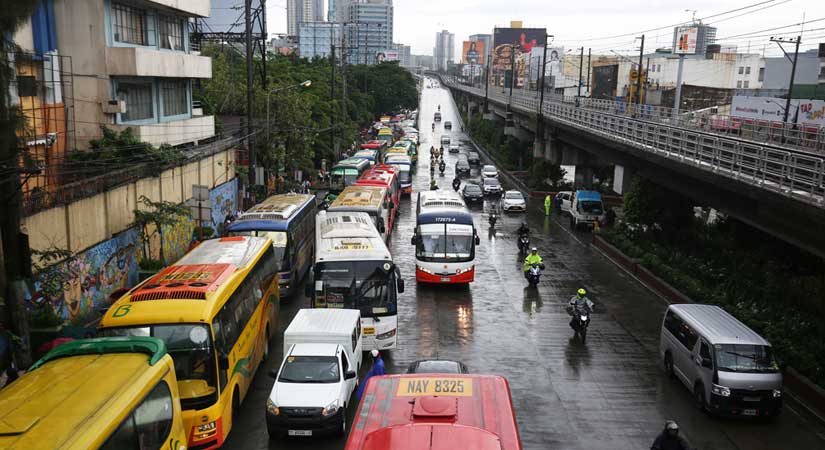Manila troops to help evacuate Filipinos in Iraq

By Charmaine A. Tadalan, Vincent Mariel P. Galang and
Vann Marlo M. Villegas, Reporters
THE Philippines will send troops to help evacuate Filipinos from Iraq, where fresh tensions have erupted after an Iranian general was killed in a US drone strike last week, Manila’s Defense chief said on Wednesday.
The Southeast Asian nation will send a Coast Guard ship, air assets and two battalions of soldiers as part of a humanitarian mission, Defense Secretary Delfin N. Lorenzana said at a briefing streamed on the website of CNN Philippines.
“The two battalions will not be there to engage in combat,” he said.
Mr. Lorenzana said the government would prioritize Filipinos in Iraq, which hosts about 1500 Filipinos, Iran and Libya, where there is a conflict between the nation’s militia and the United Nations-backed government.
A Philippine Coast Guard ship in Malta might be used to move Filipinos from Iraq or Iran to Qatar, he said.
The Philippine Embassy in Iraq raised the highest crisis alert level there, which requires the evacuation of Filipinos, Foreign Affairs Assistant Secretary Eduardo Martin R. Meriez told reporters.
Evacuees would have to decide whether to return to the Philippines or go to neighboring Middle Eastern states, Interior Secretary Eduardo Año said at a separate briefing.
Iran on Wednesday attacked two American bases in Iraq with more than a dozen missiles, Iranian official news media and US officials said, in retaliation for a US strike that killed top Iranian commander Qasem Soleimani in Baghdad’s international airport on Friday.
The Philippine Embassy in Iraq on Sunday advised Filipino workers there to go on leave.
The Pentagon said US President Donald Trump had ordered the killing after a pro-Iran mob laid siege on the US embassy.
Mr. Trump on Saturday threatened to hit 52 Iranian sites “very hard” if Iran attacks Americans or US assets in retaliation.
The Pentagon said it was assessing whether any American troops had been killed or injured in the strikes. US officials said there were no immediate indications of American casualties.
After the strikes, President Trump met at the White House with his top national security advisers, including Defense Secretary Mark Esper and Gen. Mark Milley, the chairman of the Joint Chiefs of Staff, to discuss possible retaliatory options, according to the New York Times.
TRANSFER PLAN
Roy A. Cimatu, President Rodrigo R. Duterte’s special envoy to the Middle East, told in a separate briefing that he would fly to the Middle East on Thursday to manage the repatriation of Filipinos in affected areas.
He said that the Philippine embassy in Baghdad would serve as the assembly area for Filipinos before they are flown to Amman, Jordan, assuming the airport there is still operating.
Otherwise, Filipinos will have to travel by land. From there, they will be flying to Dubai where a plane on standby could take them home.
Mr. Cimatu said the biggest problem they face is the uncertainty of where the next attacks will be.
He also assured that Filipinos won’t be put at risk Mr. Duterte said the country would side with the US if a Filipino is hurt by Iran’s attacks.
Labor Secretary Silvestre H. Bello III told reporters separately the agency would send officials to Middle Eastern countries for the repatriation process.
State officials will be sent to Saudi Arabia, Kuwait, Lebanon and the United Arab Emirates to reach Filipino workers there, he said.
Mr. Bello said there are more than two million documented Filipinos in the Middle East. The number could go up if undocumented workers are included.


